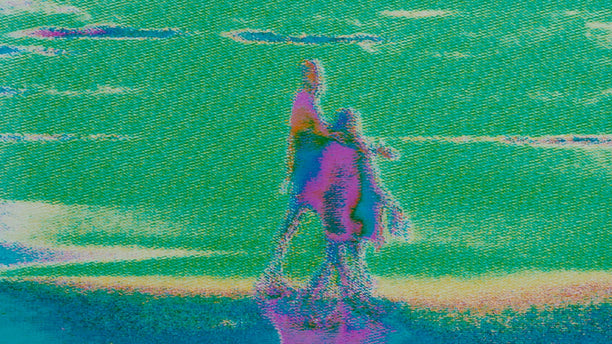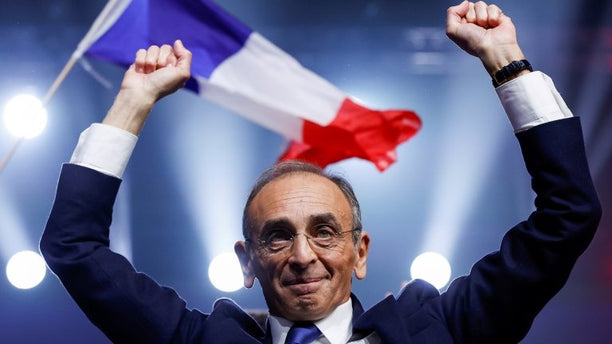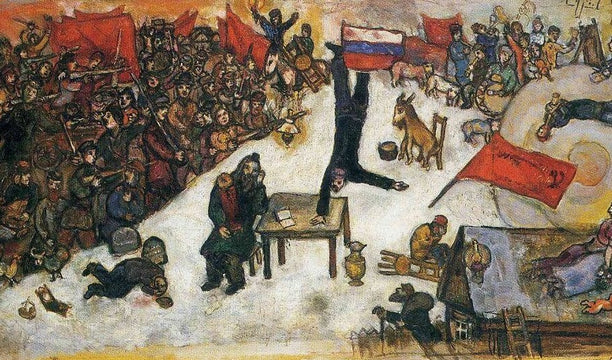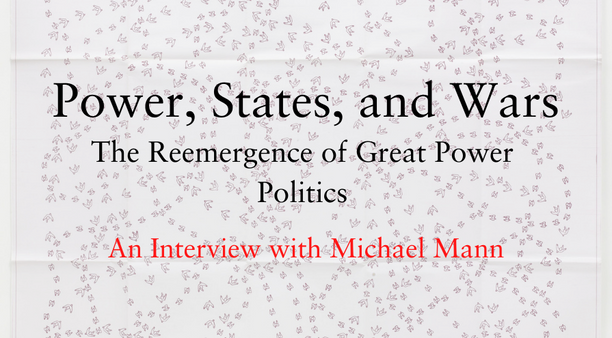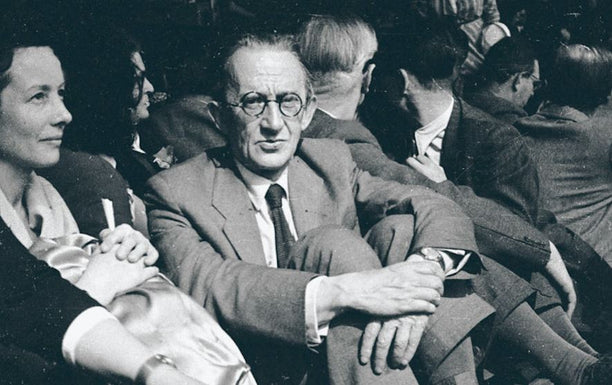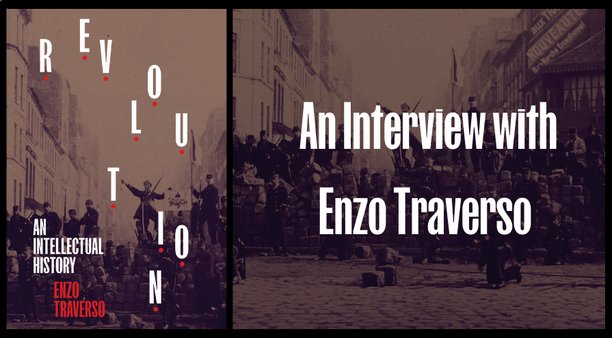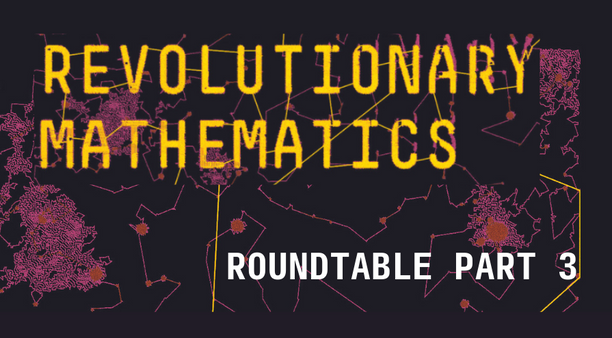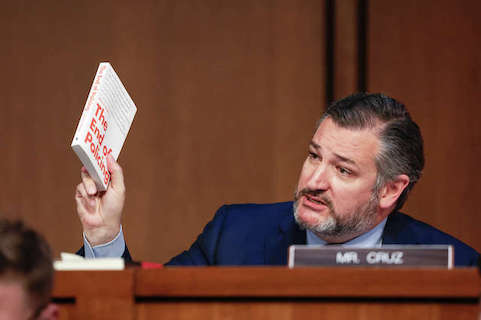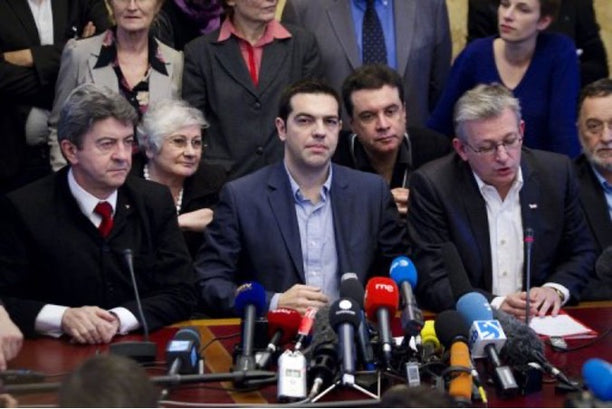
Beyond left-wing melancholia. Reflections on a militant trajectory
Even in times of defeat, the class struggle continues. Everything is not possible at all times, but there are always forks in the road and opportunities – all too often missed – for the forces of popular emancipation. Reflecting on the lessons of the student movement of 1986 and the shattered 'Greek Spring', Stathis Kouvelakis sketches a way forward for the left in 2022.
